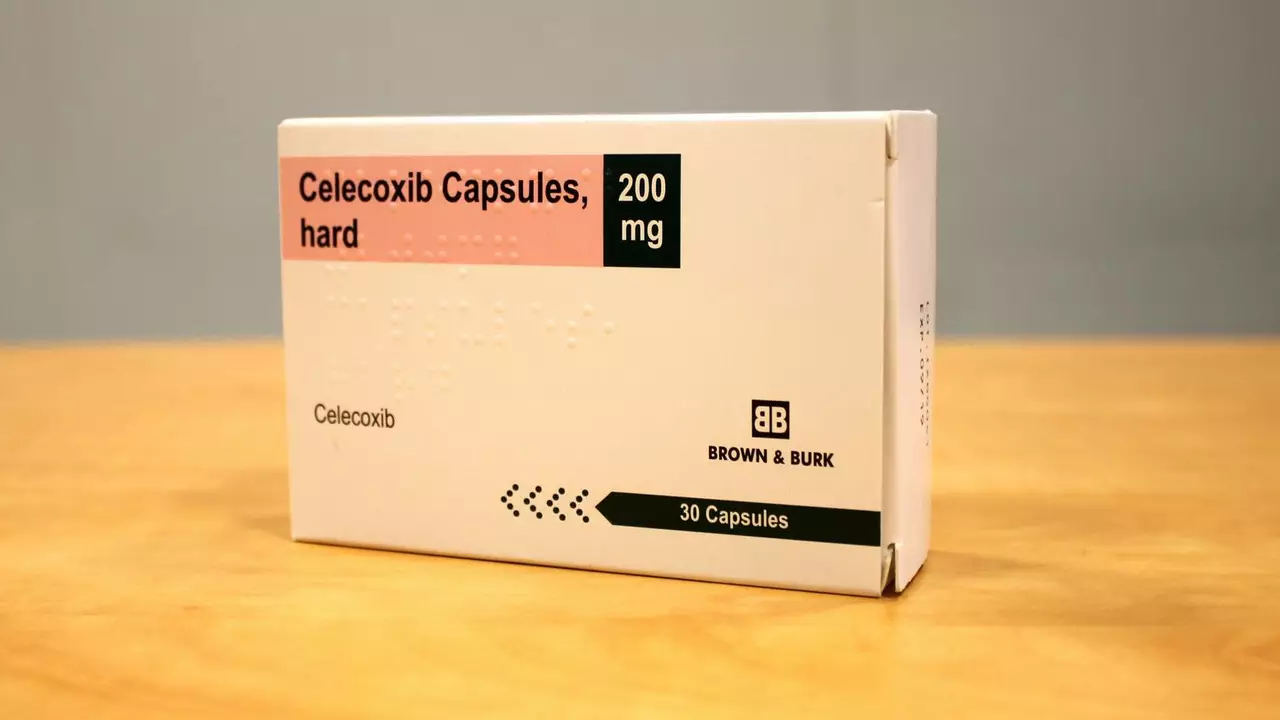Medication effects: what to expect and how to stay safe
Medications do what they're meant to do, but they often bring side effects, interactions, and dosing questions. Want straightforward advice you can use today? This page collects clear tips so you can spot problems early, reduce risks, and get the most from your treatment.
Common effects and what they look like
Some side effects are mild and expected — nausea after antibiotics, drowsiness with some antidepressants, or a dry mouth from certain drugs. Other reactions need quick attention: sudden swelling, trouble breathing, severe rash, yellowing skin, or fainting. Keep an eye on new or worsening symptoms during the first days or after dose changes.
Specific examples help: Depakote (valproate) can affect liver tests and platelets, so labs are often needed. Primaquine may cause problems in people with G6PD deficiency. Some ADHD meds like atomoxetine can disturb sleep. Drugs for erectile dysfunction such as avanafil can lower blood pressure — check with your doctor if you have heart disease. These aren't meant to alarm you, but to be aware of the tests and checks some medicines require.
How to prevent bad reactions and manage effects
Start with the basics: read the patient leaflet, ask the prescriber what to watch for, and use one pharmacy so your pharmacist can spot dangerous interactions. Keep a current medication list with doses, including OTC drugs and supplements. Why? Because grapefruit, certain antibiotics, and some herbal products change how drugs work.
Use practical tools: set reminders for times and lab appointments, track symptoms in a simple notebook or app, and use a pill organizer to avoid missed or double doses. If your medicine needs monitoring (blood tests, blood pressure checks), schedule those in advance and stick to them.
When it comes to interactions, be specific. Monoamine oxidase inhibitors (like tranylcypromine) need dietary caution around aged cheeses and some cold medicines. Spironolactone (Aldactone) can raise potassium — avoid salt substitutes with potassium unless told otherwise. And some antacids or sucralfate can block absorption of other drugs, so timing matters.
Report side effects early. Call your prescriber or pharmacist if symptoms are new or bothersome. Seek emergency care for severe reactions: trouble breathing, swollen face or throat, very fast heartbeat, fainting, or signs of major organ problems (dark urine, yellow skin, severe abdominal pain).
Questions? Ask your pharmacist to review interactions, bring a medication list to appointments, and don’t stop major drugs suddenly without advice. Small steps — tracking, checking, and asking — make medication effects easier to manage and keep you safer while getting the benefits you need.

Celecoxib and skin conditions: What you need to know
- by Colin Edward Egan
- on 26 Jul 2023
In my latest blog post, I took an in-depth look at Celecoxib and its potential impact on skin conditions. Celecoxib, commonly used as a pain reliever for conditions like arthritis, has also been linked to certain skin conditions. While it's generally safe, some people may experience side effects such as rash and itching. It's crucial to consult with a healthcare professional before starting or stopping any medication like Celecoxib. Remember, everyone's body responds differently to medication, so it's important to stay informed and take steps to maintain your overall skin health.
